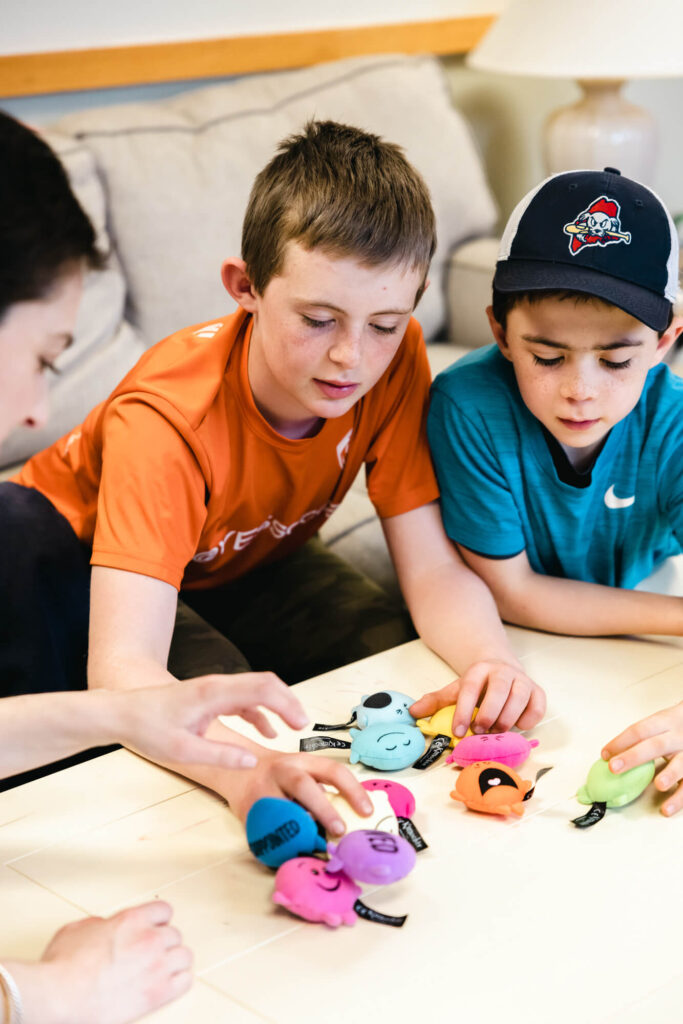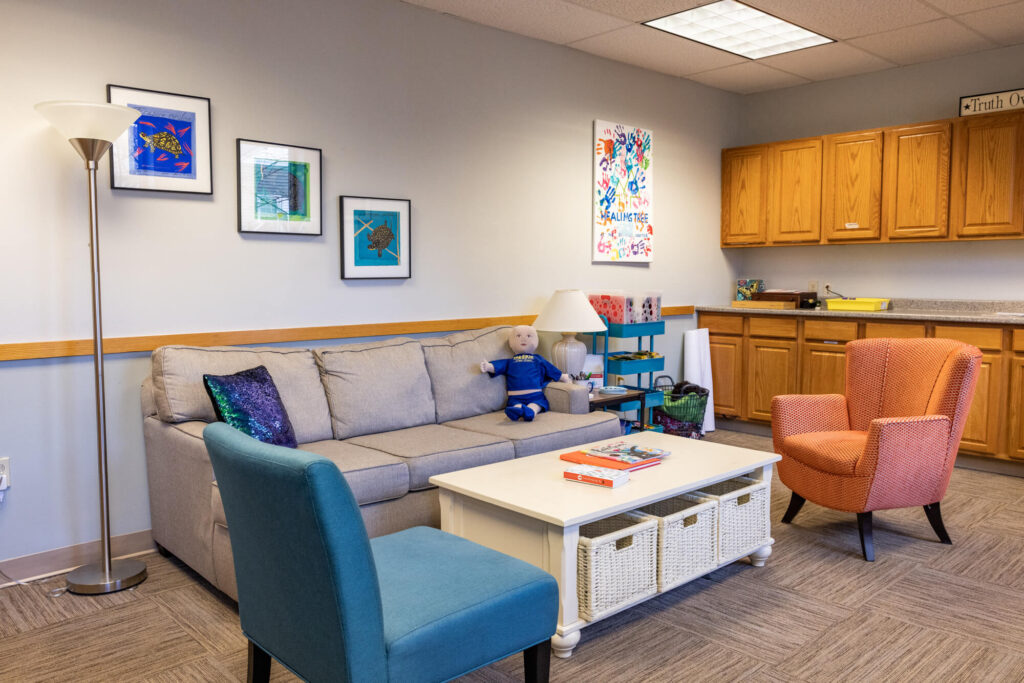Healing Tree designated services are the only programs at the Dempsey Center intended for youth. Bringing a child with you to a program or service intended for adults may prevent you from participating. Occasionally, if children are older, can entertain themselves quietly, and are not disruptive to a program, the instructor or provider of the service may approve their attendance. Children under the age of 12 should never be left unsupervised. Please be aware that as a cancer support center, cancer is frequently talked about openly. If this is a concern, it is probably a better choice to not bring the child with you to an adult service. If childcare is a barrier for you to receive oncology support at the Dempsey Center or treatment at a local hospital, please ask to speak with the Youth and Family Services Manager to find out more about our free short-term childcare solution through the YMCA of Lewiston/Auburn.



